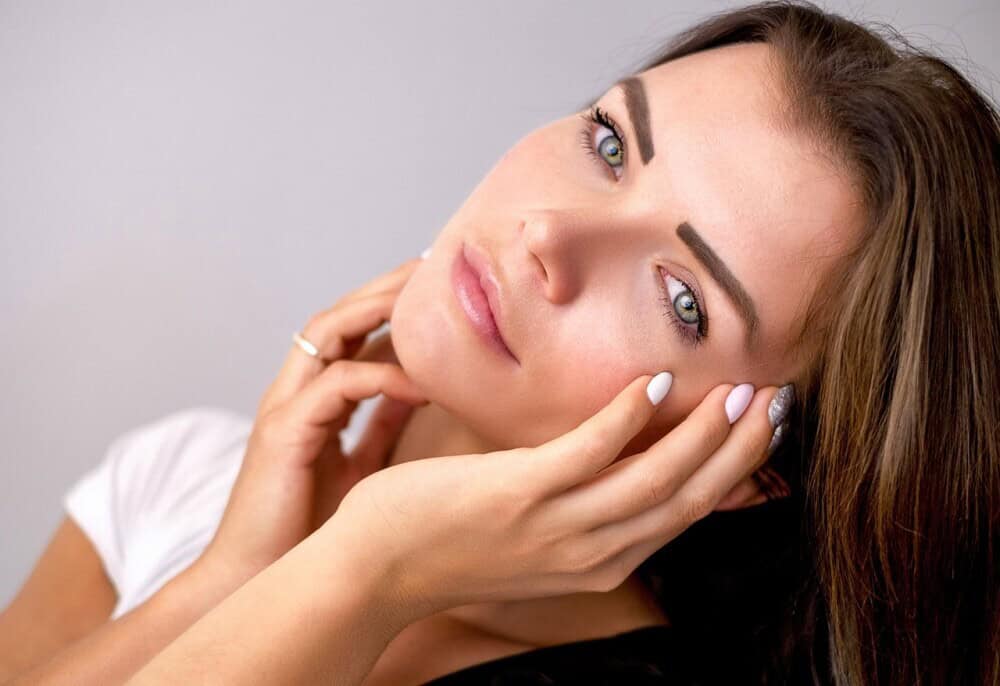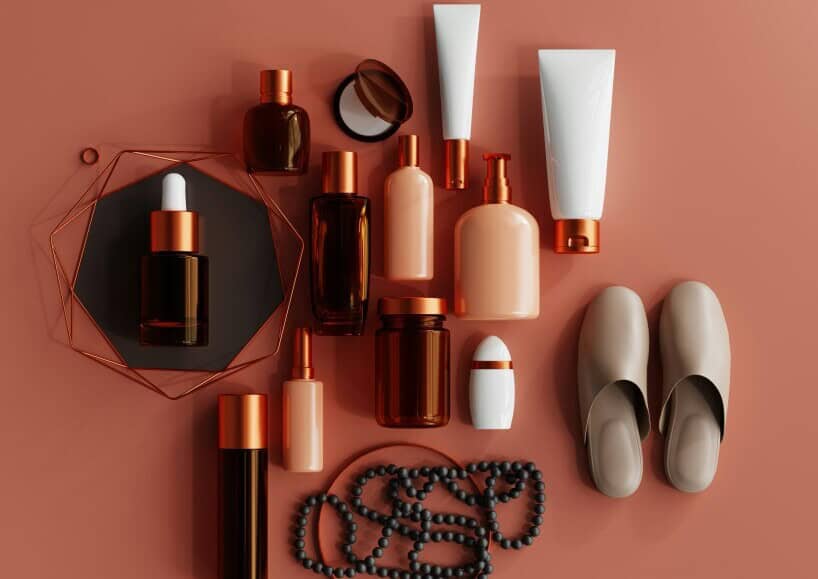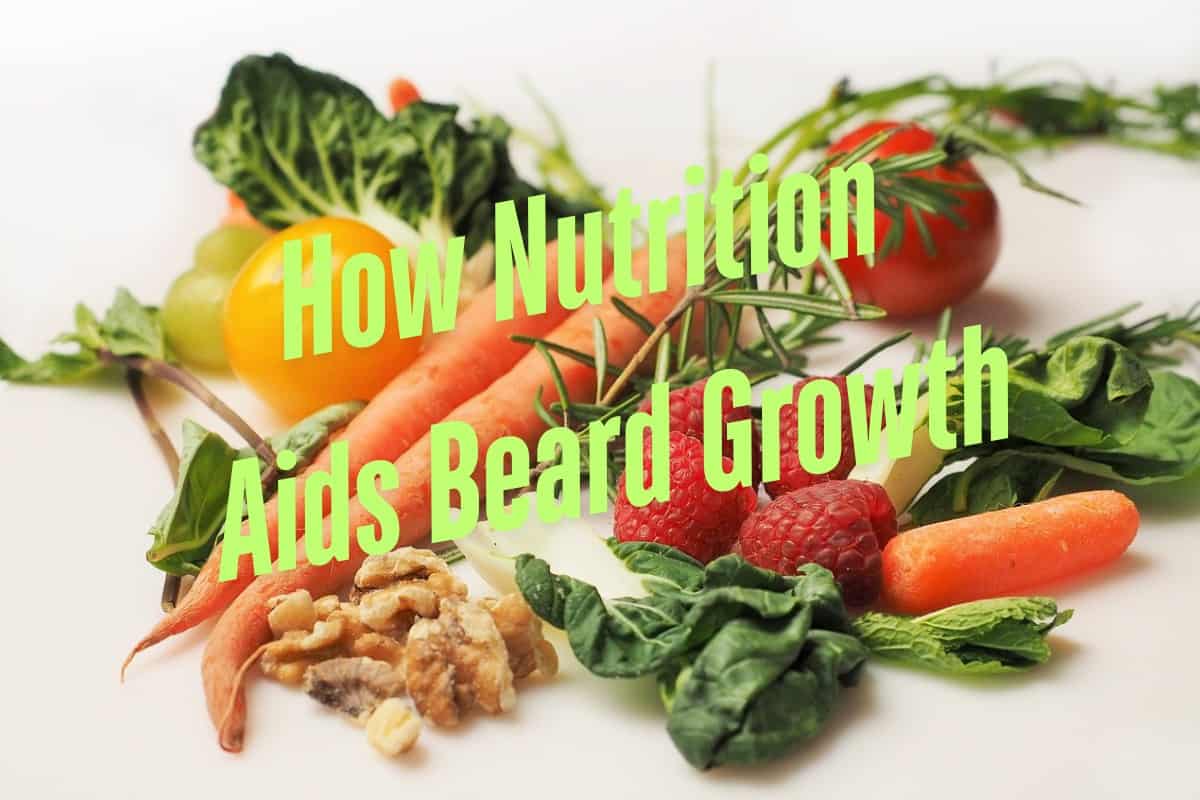The Secret to Glowing Complexion: Your Path to Flawless Skin
Healthy skin is a natural state that many people overlook, often accepting issues like irritation, age spots, and dullness as normal signs of aging. However, many of these changes are preventable or can be slowed down. The skin faces daily assaults from various factors, including ultraviolet (UV) rays, poor diet, pollution, chemical exposure, stress, harsh weather, and smoking, all producing free radicals that damage the skin and cause inflammation.
To support flawless skin health, it is essential to bolster the skin’s natural defense system through diet, supplements, and topical products.
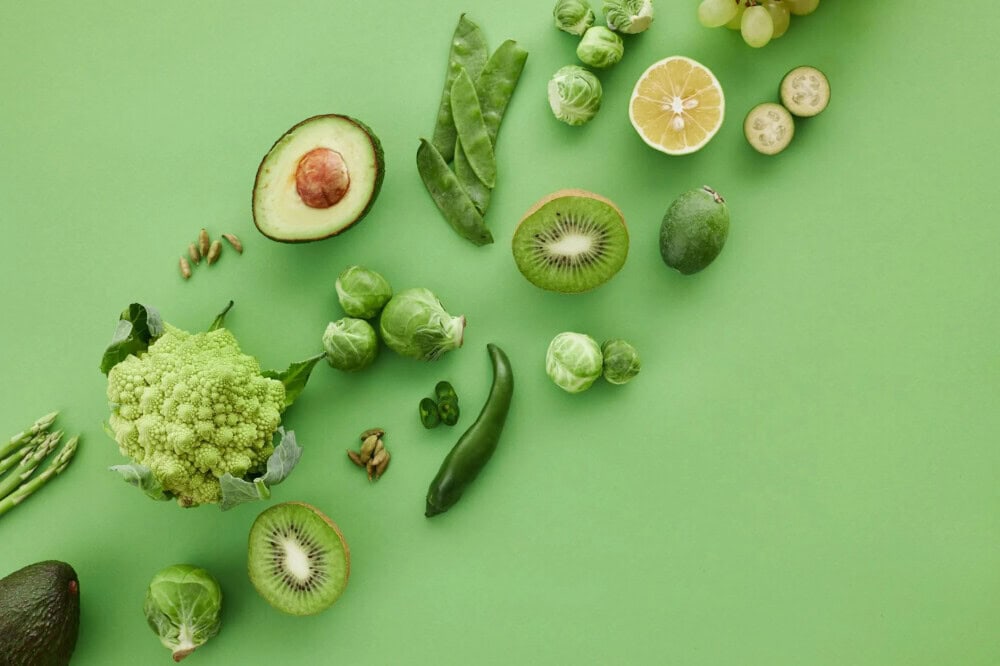
Photo by RDNE Stock project.
Diet plays a crucial role in maintaining healthy, flawless skin. Key components include:
- Healthy Fats: Omega-3 fatty acids from cold water fatty fish help balance skin inflammation. Other beneficial fats include medium-chain triglycerides from coconut oil, which protects the skin’s barrier, and olive oil, which combats inflammation and UV damage. It is recommended to include a healthy fat in every meal.
- Clean Water: Hydration is vital for skin health, helping to keep the skin hydrated and flush out toxins. Drinking at least eight 8-ounce glasses of water daily, with herbal teas and mineral water, is advised as a good alternative to sugary drinks.
- Darkly Colored Vegetables and Fruits: Foods like red onions, berries, cherries, eggplant, and purple potatoes are rich in polyphenols, antioxidants that protect the skin from UV damage and inflammation. A variety of colorful fruits and vegetables should be incorporated into every meal.
- Green Tea: Rich in antioxidants, particularly epigallocatechin gallate (EGCG), green tea can prevent photoaging from UV exposure and aid in skin cell regeneration. It can be consumed in place of coffee or in between meals.
- Carotenoid-Rich Foods: Foods high in carotenoids, such as leafy greens, orange vegetables, cooked tomatoes, and wild sockeye salmon, help protect the skin from UV damage.
- Gelatin: A source of collagen and essential amino acids, gelatin supports skin growth. Bone broth is an excellent way to increase gelatin intake.
- Vitamin C: Foods like red peppers, broccoli, strawberries, and citrus fruits are rich in vitamin C, which is crucial for collagen production, skin repair, and reducing dryness.
- Vitamin E: Found in sunflower seeds, almonds, and avocados, vitamin E is integral to the skin’s antioxidant defense system, helping to combat free radicals and UV damage.
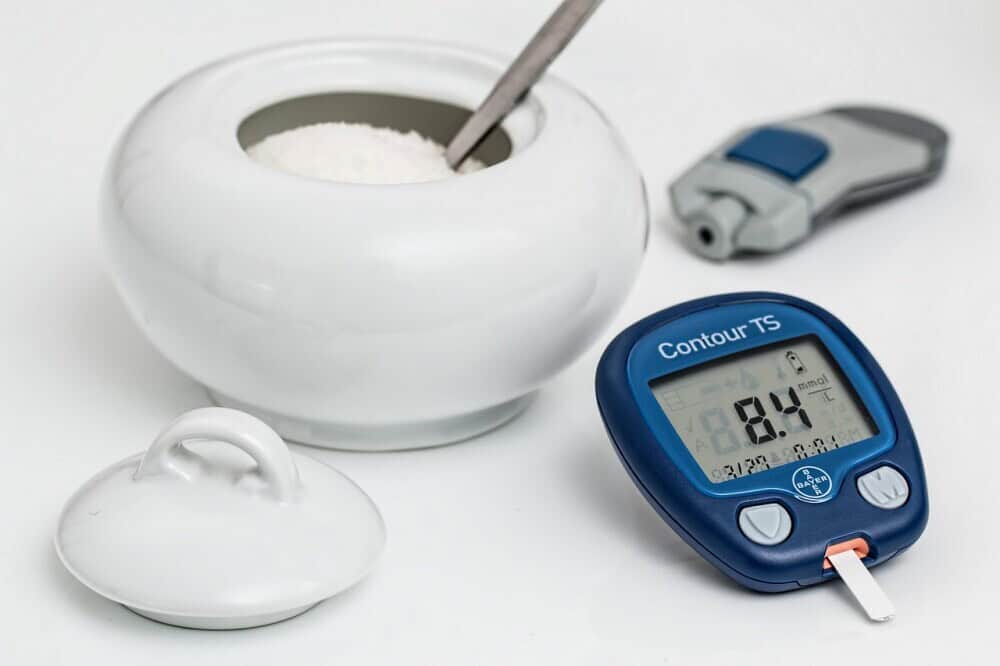
Balanced Blood Sugar
Affiliate Disclosure– Some of the links contained within this article may contain affiliate links. This means if you click one and make a purchase, I may earn a small commission at no additional cost to you. This commission helps support my site and keeps me motivated. Thank you in advance!
Maintaining balanced blood sugar levels is also important for skin health. Excess blood glucose can damage proteins in the body, leading to free radical production and negatively affecting collagen and elastin, which are vital for skin structure and elasticity. A balanced diet should include sustainable meats, healthy fats, organic vegetables, nuts, seeds, and dairy from pasture-raised animals.
In addition to diet, supplements can enhance flawless skin health. Recommended supplements include:
- Probiotics: Beneficial for digestion and skin health, probiotics can reduce UV damage and skin inflammation.
- Omega-3 Fats (EPA and DHA): For those who do not consume fish regularly, omega-3 supplements can ensure adequate intake for skin support.
- Antioxidants: Essential for combating free radical damage, antioxidants such as zinc, selenium, vitamins C and E, and various carotenoids benefit skin health.
- Collagen: protects and can increase collagen levels in the skin and improve moisture retention and smoothness. Vegetarians and vegans can support collagen production through adequate protein intake and specific vitamins and minerals.
Topical support is also crucial for healthy flawless skin. A comprehensive skincare routine should include:
- Gentle Cleanser: A cream-based cleanser that does not strip the skin of moisture is recommended, especially for dry or aging skin.
- Daily Moisturizer: A moisturizer suited to the skin type, containing skin-friendly oils and essential oils, is essential for hydration.
- Chemical-Free Sunscreen: A mineral-based sunscreen protects against UV damage, a leading cause of accelerated skin aging.
- Topical Antioxidants: Ingredients like vitamin C, green tea, and vitamin E can protect skin cells from free radical damage and enhance the effectiveness of sunscreen.
- Ceramides: These lipids are vital for maintaining the skin barrier, preventing moisture loss, and protecting against environmental irritants. Topical ceramides can replenish the skin barrier and improve conditions like dryness and dermatitis.
- Niacinamide: This B vitamin supports the natural production of ceramides in the skin.
Your Top Skincare Questions Answered: The Ultimate FAQ Guide
How can I prevent wrinkles?
- Use a broad-spectrum sunscreen daily to protect against UV damage, which is a major cause of premature aging.
- Incorporate retinoids into your evening routine to promote collagen production and skin renewal.
- Antioxidants like Vitamin C help neutralize free radicals and boost collagen.
- Stay hydrated, avoid smoking, and maintain a healthy diet. Using silk pillowcases and sleeping on your back can reduce skin creasing over time.
What should I do about dark spots?
- To lighten dark spots, use products containing ingredients like Vitamin C, niacinamide, or alpha hydroxy acids (AHAs).
- Exfoliation (chemical or physical) can help remove dead skin cells and enhance the penetration of brightening agents.
- For stubborn spots or melasma, consult a dermatologist for treatments like hydroquinone, chemical peels, or laser therapy.
- Always wear sunscreen to prevent further pigmentation caused by UV exposure.
What skincare products work for all skin types?
- A gentle cleanser that removes impurities without stripping the skin of its natural oils.
- A fragrance-free moisturizer containing ingredients like ceramides and hyaluronic acid.
- Sunscreen with SPF 30+ for daily use.
These products provide hydration and protection without irritating most skin types.
How often should I exfoliate?
- Normal or oily skin: Exfoliate 2-3 times a week using a chemical exfoliator (AHAs or BHAs) or a mild physical scrub.
- Sensitive or dry skin: Limit to 1 time per week. Over-exfoliating can damage the skin barrier.
- Chemical exfoliants like glycolic acid or salicylic acid are generally less harsh and more effective than physical scrubs.
Does drinking water improve skin health?
Drinking water is necessary for overall hydration and can help maintain skin elasticity and smoothness. However, hydration alone does not replace a balanced skincare routine. Moisturizers and serums containing hyaluronic acid and glycerin are essential for locking moisture in the skin.
When should I start using anti-aging products?
- Start incorporating products like retinoids, peptides, and antioxidants in your late 20s. This timeframe aligns with the natural decline in collagen and elastin production.
- Eye creams and sunscreens with anti-aging properties can also delay signs of aging.
Pro tip: Prevention is key—preventing wrinkles and fine lines is easier than treating them.
How do I know my skin type?
- Wash your face and wait 30 minutes. Observe your skin:
- Oily skin: Shiny or greasy, especially on the T-zone.
- Dry skin: Tight or flaky feeling.
- Combination skin: Oily T-zone but dry or normal elsewhere.
- Normal skin: Balanced—neither too oily nor too dry.
- Sensitive skin: Easily irritated, red, or itchy.
Choose products labeled for your specific type.
Should I change my routine with the seasons?
Yes, adapting your routine helps manage environmental changes:
- In winter, use thicker moisturizers and repair your barrier with ceramides or shea butter. Add a hydrating serum with hyaluronic acid.
- In summer, switch to lightweight, oil-free moisturizers. Prioritize non-comedogenic products and reapply sunscreen more often.
- Seasonal adjustments improve your skin’s resilience and maintain its balance.
What’s the correct order for applying products?
- Morning Routine:
- Cleanser.
- Toner (optional: balances pH and preps skin).
- Treatment serum (antioxidants like Vitamin C).
- Eye cream (if needed).
- Moisturizer.
- Sunscreen (last to create a protective barrier).
- Night Routine:
- Oil-based cleanser (if wearing makeup).
- Water-based cleanser.
- Toner (optional for hydration).
- Treatment serum (e.g., retinol for anti-aging).
- Eye cream.
- Moisturizer or night cream.
This layering ensures active ingredients penetrate effectively without reducing the efficacy of other products.
Wrapping up
A multifaceted approach is necessary to achieve and maintain healthy, flawless skin. Individuals can achieve radiant and healthy skin by minimizing damaging factors and maximizing the skin’s ability to defend, repair, and regenerate. Additionally, cleaning up beauty routines by opting for natural body care products can help avoid harmful chemicals commonly found in conventional products, further supporting skin health.


